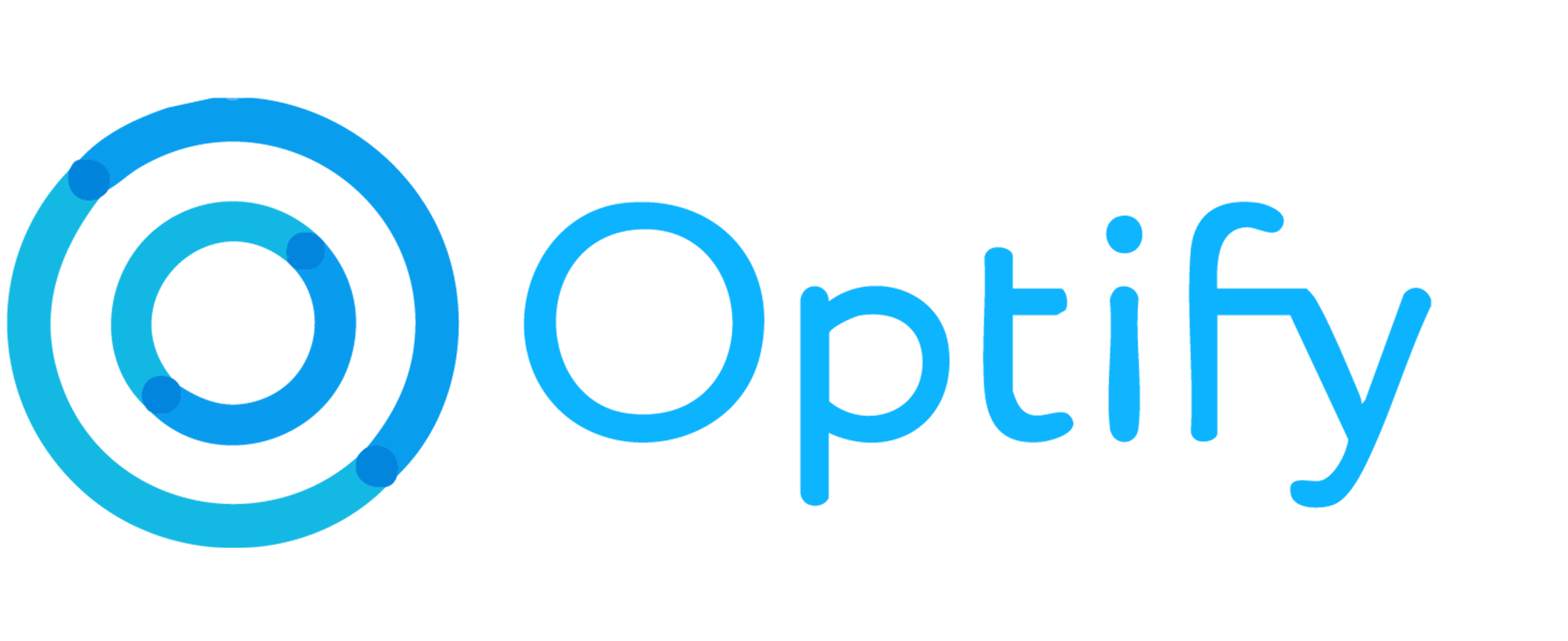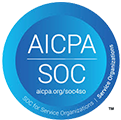
Leaning into gratitude can be a powerful way to motivate your people, while also building a culture of appreciation and connection. Leaders know that to inspire and engage their teams to grow, they must notice and call out individual contributions, large and small.
Still, I’ve coached leaders over the years who worry about offering appreciation that lands as inauthentic or sappy, or creates competition among team members for recognition, or worse yet, stifles their ability to offer developmental feedback when necessary. Through these coaching conversations, I’ve helped leaders identify ways they can cultivate a credible gratitude style with their teams and maintain a coaching and development approach.
Here are some tips for how to develop an authentic appreciation practice for and with your team.
- Be timely and specific. Gratitude shouldn’t be reserved for the big deal-closing, or the team-win celebration party, or worse yet, be relegated to your Thanksgiving week message. To be most effective, appreciation and recognition must be immediate and concrete. Nothing says, “I see you and value your work,” like highlighting in real time the particular actions, contributions, or qualities that have a positive impact on the project, team, or organization. Make it a regular practice to notice and reflect the good work your team is doing.
- Find a sincere style for your expression. Gratitude doesn’t have to look or sound a certain way. Use sincere and honest language that reflects, in the simplest way, what is apparent and how it positively impacts you or the organization. Connecting how a team member’s actions or efforts relate to identified goals is another sure way to offer credible gratitude.
Reflect on your style – introverted or extroverted – to identify which gratitude practices feel most natural for you. Do you prefer to share gratitude to the group? Individually? In person, in a note, by email, or even a short video blast to the team? Consider whether there is a signature gratitude practice that you want to define and lean into. For instance, I read of one CEO who spent his long daily commute crafting hand-written notes to employees who had gone above and beyond.
- Show respect for individual preferences. It can also be important to know your team members on a personal level and tailor your expressions of gratitude to their individual preferences and interests. Some people prefer private expressions of gratitude, while others appreciate public recognition. Know your team and adapt your approach to how each person can best receive your acknowledgment. Personalization ensures that your gesture is received as authentic and meaningful.
- Build a culture of mutual gratitude. Create opportunities for team members to appreciate each other’s contributions as a matter of course by implementing a regular ritual where you and your team acknowledge each other’s efforts. Team meetings can have a regular appreciation check-in, or you can designate time throughout a project for recognition. At Optify, one member suggested we add a Kudos channel on Slack, where team members can call out thanks and appreciation in the moment. The easy access to a company-wide appreciation vehicle means we now recognize each other’s efforts often and in the moment. It’s a true feel-good.
When sharing gratitude, invite other team members to reflect and share their perspectives. Asking questions like “What can we learn from this success?” or “How can we build on this achievement?” will help people build a practice of noticing and naming contributions.
- Developmental feedback is vital, too. Expressing gratitude and providing constructive feedback are both essential elements of authentic leadership. They don’t have to unfold in balance all the time, yet both are critical. Your purpose as a leader is to encourage your team while also helping them grow with honest and productive feedback. Sharing development feedback, if it, too, is timely and specific, will be admired and appreciated – almost as much as gratitude.
Leaders know that recognizing and genuinely valuing the contributions of their team members builds a thriving and motivated team. Self-awareness is key for leaders to build a practice of noticing the efforts of their people, identifying the quality or action they specifically appreciate, and expressing their gratitude in a timely way that is appropriate and best suited for the individual. Leaders who model the behaviors of expressing gratitude, while not shying away from helpful feedback create a continuous feedback culture, which in turn, builds resilience and engagement.
Leaders, while your gratitude should not be reserved only for Thanksgiving, there is no better time than this month to start building a gratitude practice with your teams!




